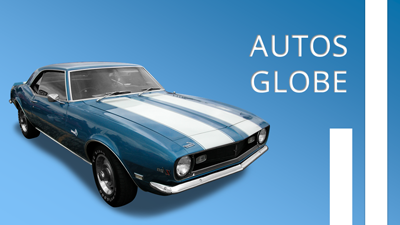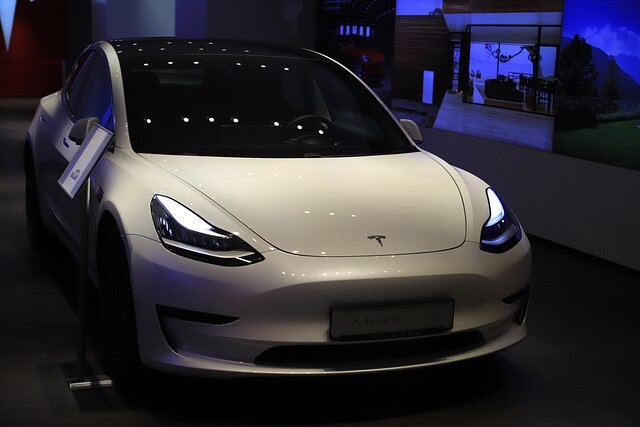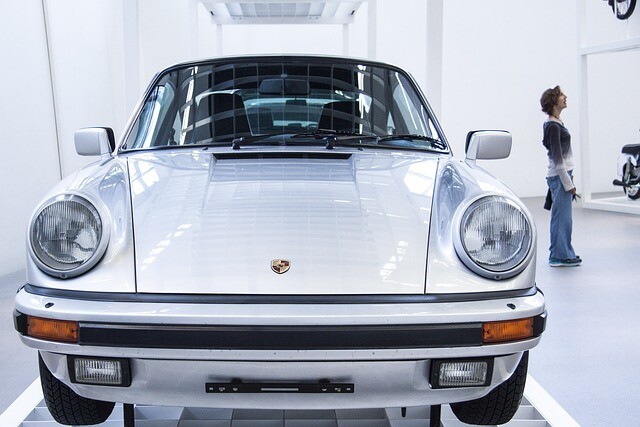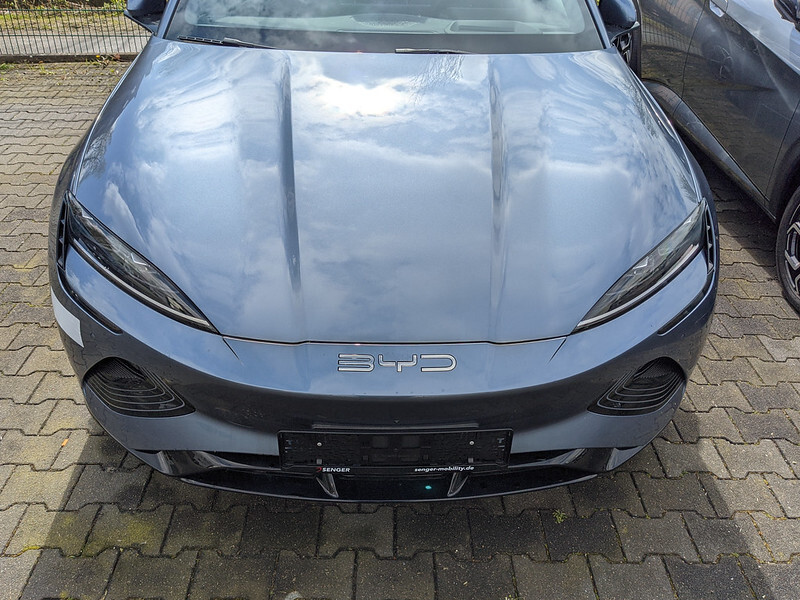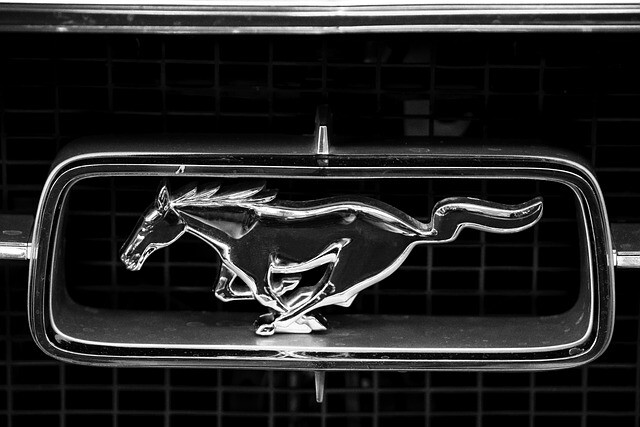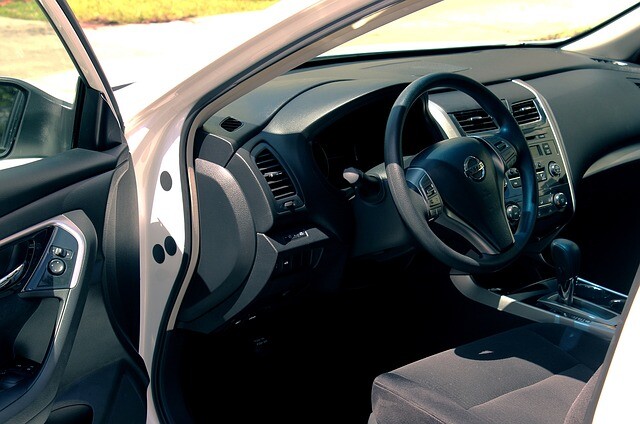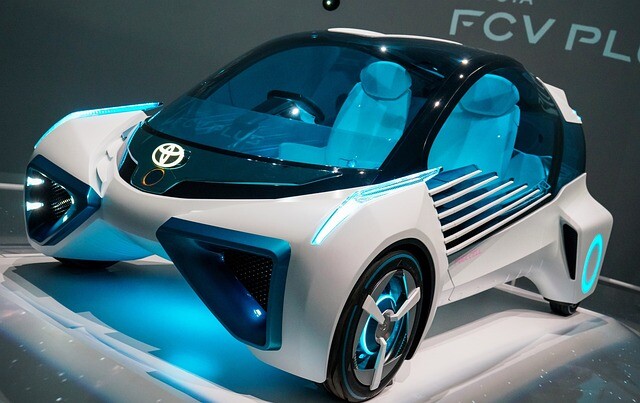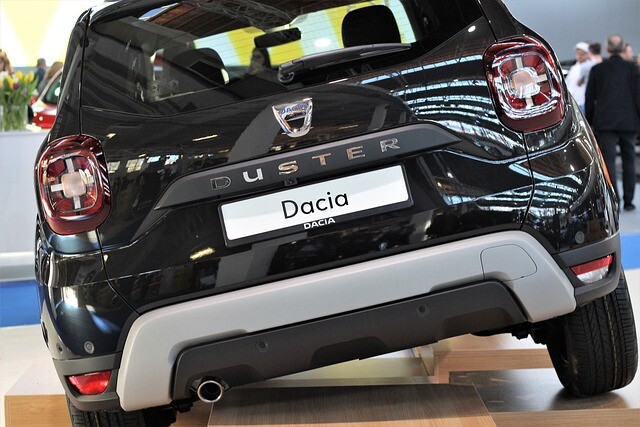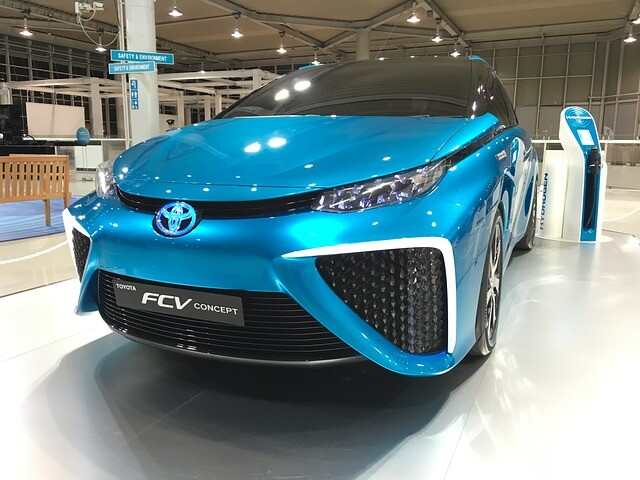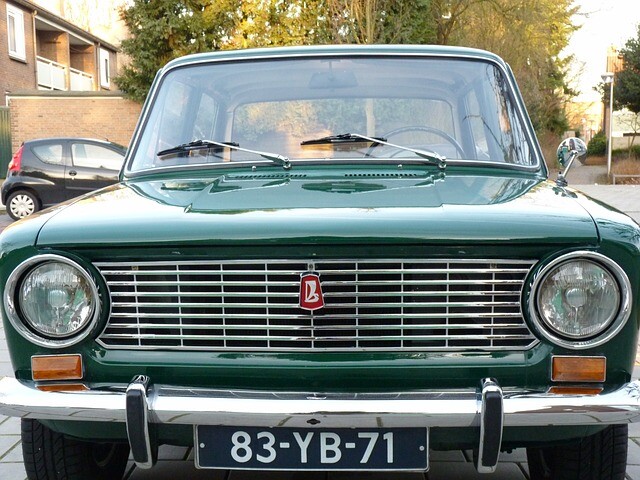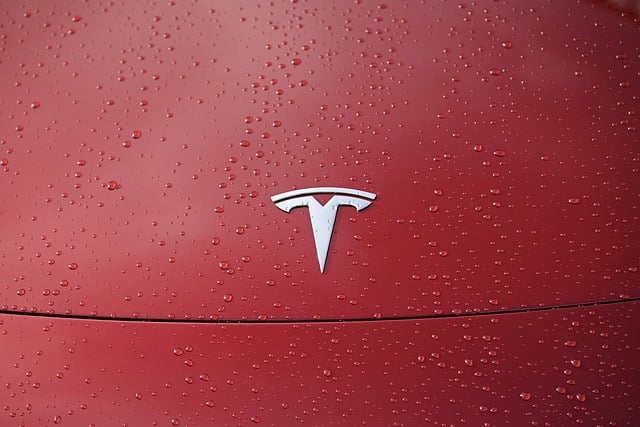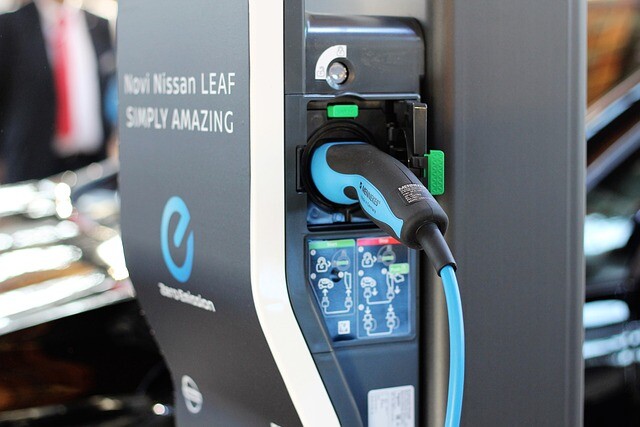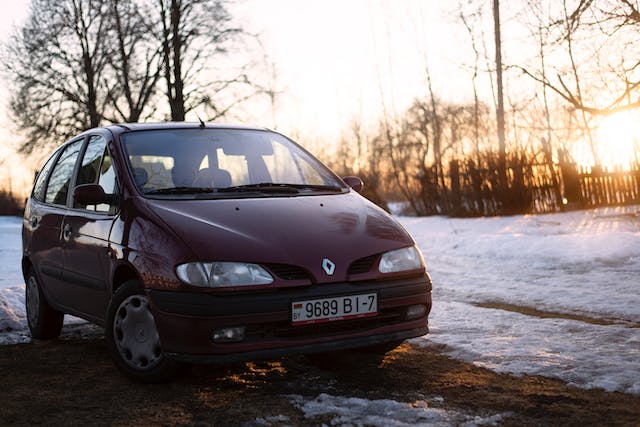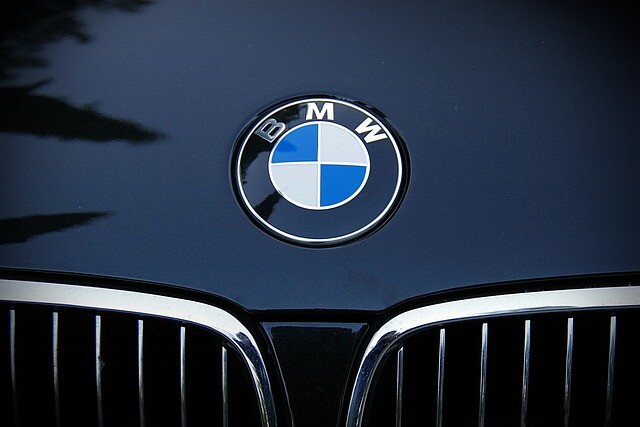As the 2.5 million contribution is valid up to a price limit of 11 million, it is currently the responsibility of all importers to push the price of as many of their electric cars below the limit as possible. For example, out of this 11.1 million forints of Honda, it is enough to cut 100 thousand forints, the starter of the Opel Corsa-e is 400 thousand forints higher than the limit of 11 million for the time being. Kia should bring down the HUF 11,499,000 basic e-Niro by half a million. This will probably work.
Is there support or not?
The Hungarian support system for the purchase of electric cars is changing a lot and to its advantage. But a seemingly cheap electric car is sometimes not a big deal.
Given that European fleet consumption reduction standards lie zero in the CO2 emissions of electric cars, carmakers looking to reduce the average CO2 of their cars sold are expanding their offerings into pure electric cars in addition to plug-in battery-powered hybrids.
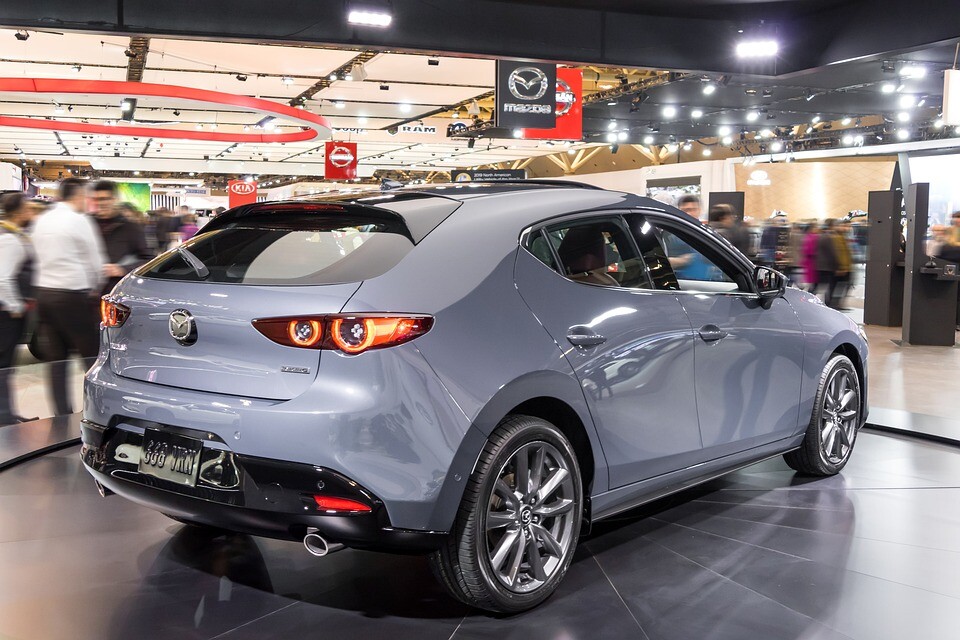
However, at the end of February this year, state support for the purchase of a new electric car in Hungary was abolished. Anyone who knew waited for the car to be purchased or put on the market and hoped that the taxpayer contribution would only temporarily lapse.
Nissan in a difficult position
So far, the loser of the new support system is Nissan, the brand that has invested not only in the development of electric cars, but also in building a charging network with CHAdeMO-connected lightning chargers.
For the time being, the Nissan importer is negotiating the LEAF price with the European headquarters. There is currently no special offer for the car with a smaller battery, Acenta equipment, starting from HUF 12,290,000. Plus, this basic version can be charged with just 3.6 kilowatts of AC power. The version that charges almost twice as fast, 6.6 kilowatts on public AC chargers, in the parking lot of stores or on the wall charger built at home, costs HUF 12,490,000 and this HUF 1.3-1.5 million is not the order of magnitude could release a brand.
(Source: vezess.hu / photo: pixabay.com)
